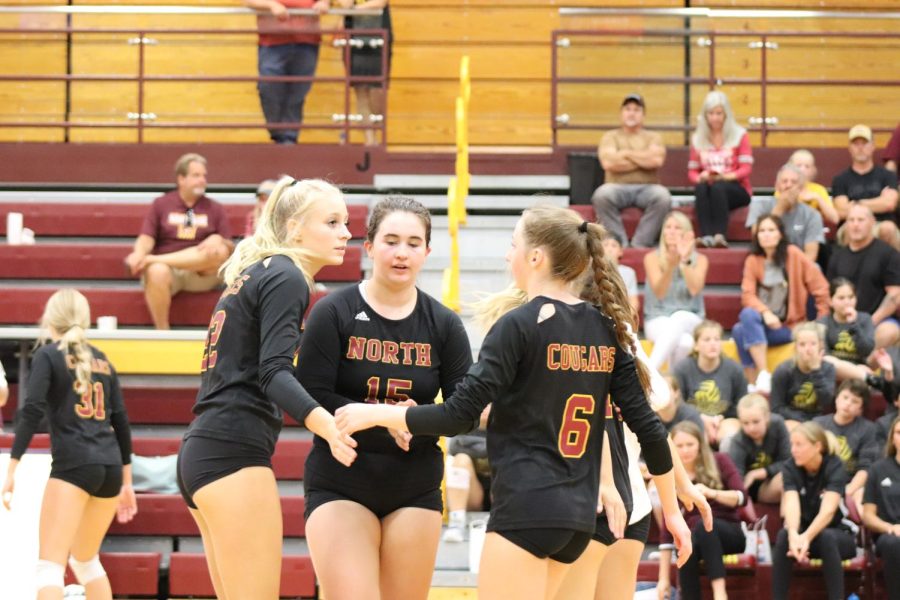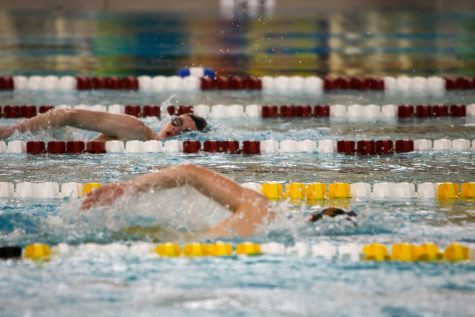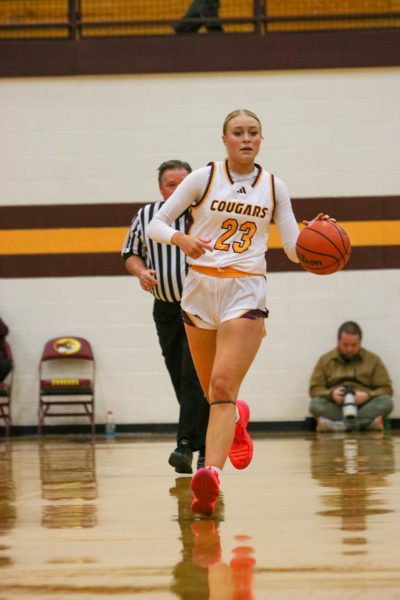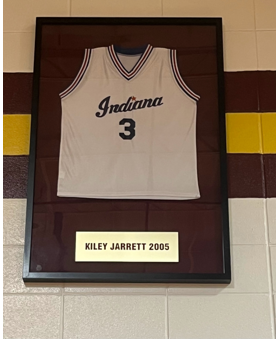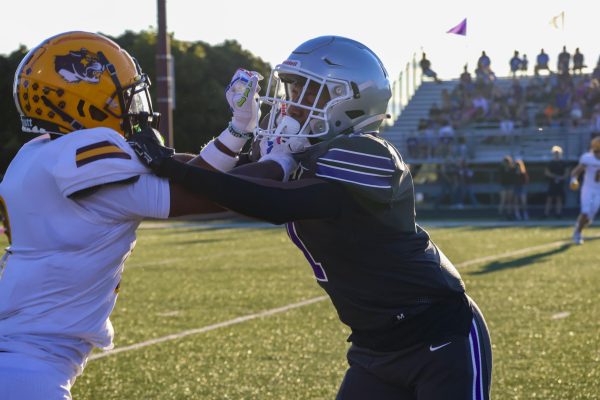OPINION: Morning Practices Aren’t Necessary for High School Athletes
Mia Robbennolt (11), Ava Moore (10) and Claire Hodson (10)
With the evolution of high school athletics, morning practices are more common than ever. Many student-athletes are required to wake up as early as 5 a.m. to attend morning sessions before school, and this plays a negative effect on the rest of the day. High school athletes should not have to practice on school mornings because they lead to a lack of sleep, cut out time for academic coursework, and take a toll on athletes’ physical and mental health.
Swimming and Diving is one of many sports at BHSN that hold morning practices. Although these practices occur just twice a week, they start at 6 a.m., nearly two hours before the start of the school day. This forces student-athletes to wake up extremely early, which impacts their energy level and elongates their day.
There’s the argument that student-athletes simply need to go to bed earlier in order to avoid energy loss due to morning practices. However, this claim doesn’t take into account the academic workload that athletes have to deal with. At BHSN, some sports have both morning and afternoon practices, and many student-athletes could spend as much time as 12 hours at the school in one day. This can be both physically and mentally draining, and it’s not a good setup for all students to get home and immediately work on homework.
For example, student-athletes with morning and afternoon practices can expect to be at school anywhere between 10 and 12 hours per day. This means that they most likely won’t be able to get started on homework until 7 p.m. According to the American Academy of Sleep Medicine (AASM), teenagers aged 13-18 years old need between 8-10 hours of sleep every night. So, student-athletes would need to go to bed around 9 p.m. at the latest in order to reach this number. This allows just one, or maybe two hours of time for academic coursework away from school.
This puts student-athletes in a lose-lose situation. Their options are either to forego sleep in order to complete coursework and maintain their grades, or skip doing homework in order to get more sleep. Neither of these options are ideal, and student-athletes shouldn’t have to pick one or the other just because of a morning practice that stands in the way of their academic, as well as athletic success.
Maybe student-athletes don’t need 1-2 hours of homework time each day. And maybe student-athletes appreciate the grind that comes with morning practice, school, after-school practice, and homework. But being on-the-go all day is not good for teenagers. It’s not good for anyone, no matter their age. Eliminating morning practices will allow more time for student-athletes to relax, deal with their sport as well as their academic workload, and get enough sleep in order to be well-rested and prepared for what’s to come.

